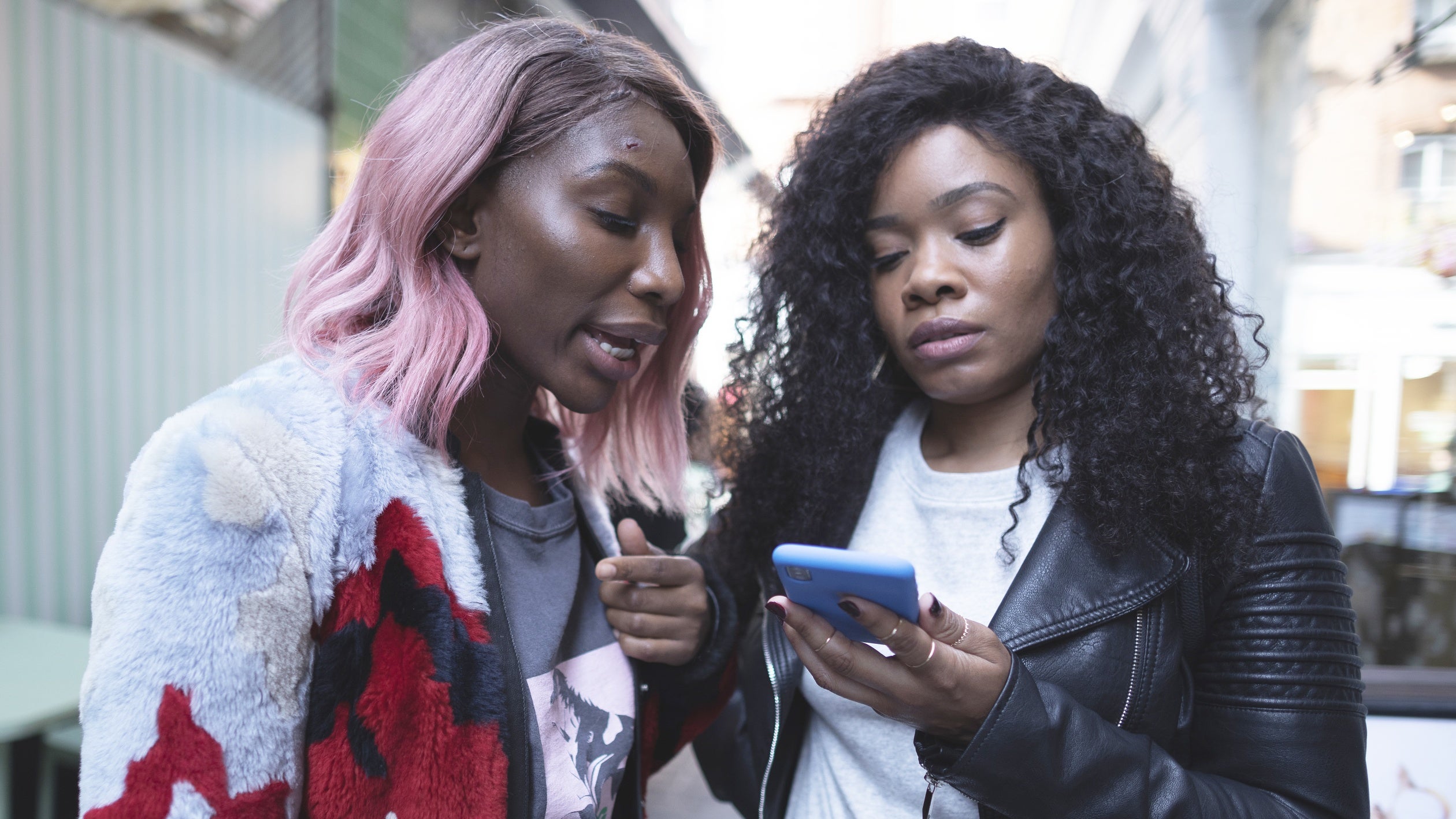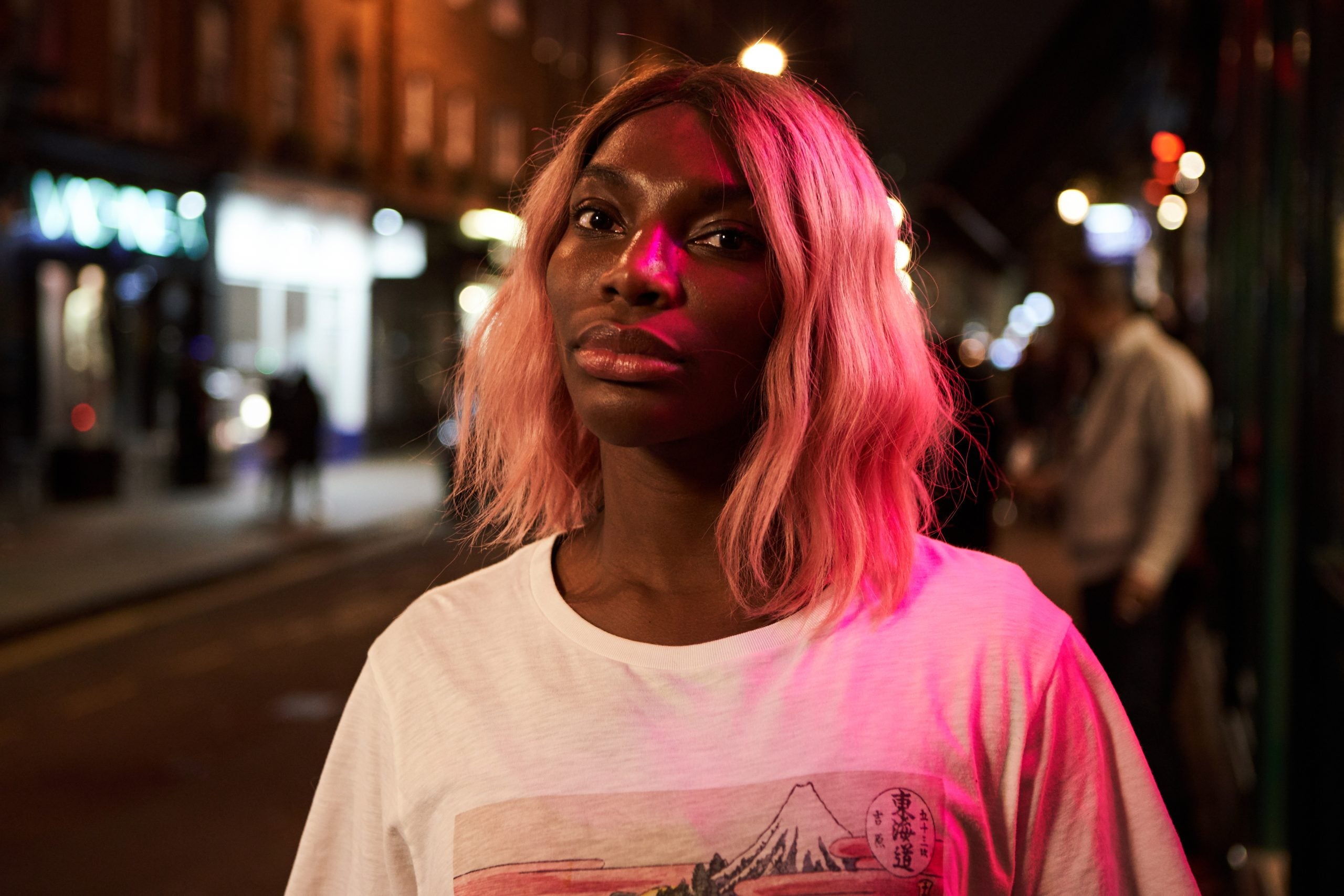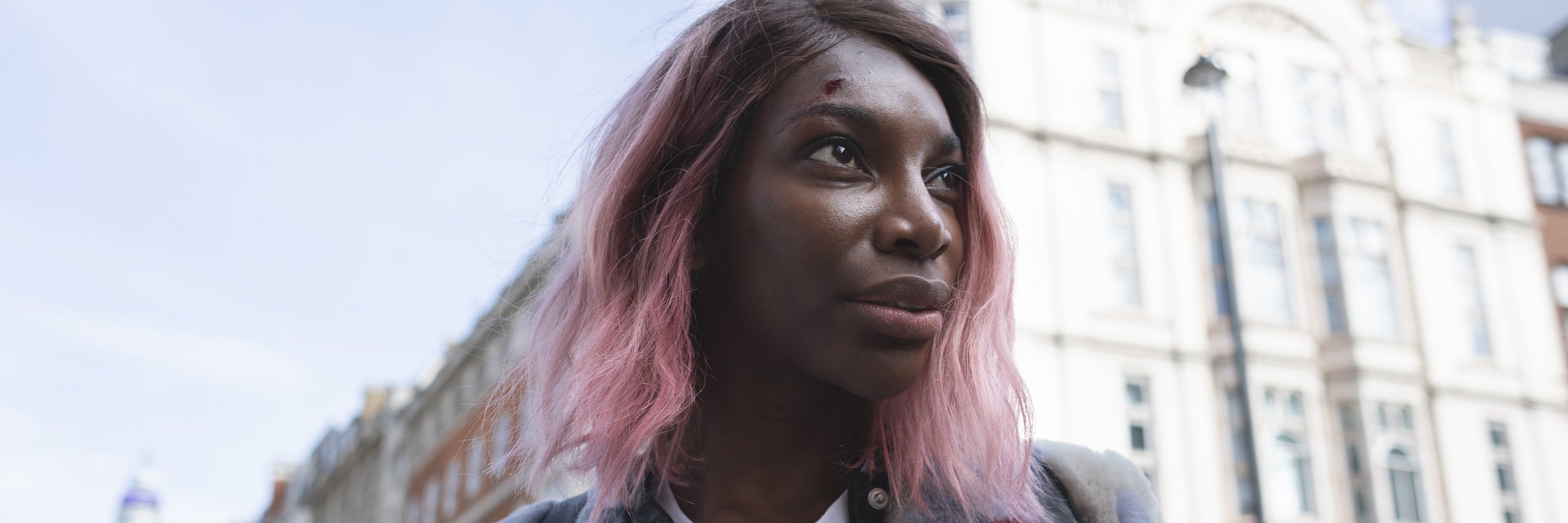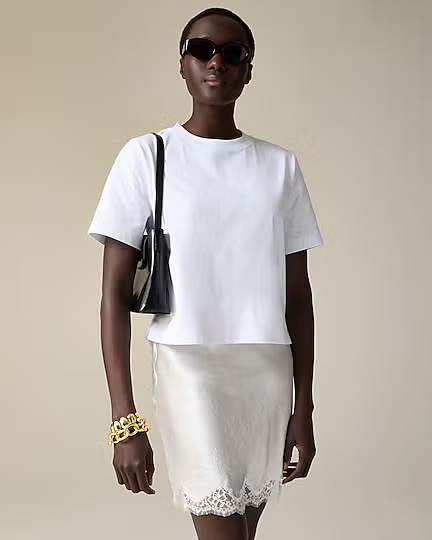I May Destroy You is the most difficult show I have ever watched.
If you’ve never experienced sexual assault—lucky you—Michaela Coel’s deep dive into the struggle of a woman who put herself back together after being violated is the most accurate depiction I’ve ever seen of what that feels like. Instinctively, without checking the writing credits, I knew whoever penned this story (that would be Coel, who also stars and executive produces) was a woman and, like me, a survivor of sexual assault.
While writing Chewing Gum, the infectious British comedy (available on Netflix) that brought Coel to international acclaim, she was sexually assaulted. At the 2018 Edinburgh International Television Festival, she described her experience while delivering a keynote address: “I was working overnight in the company’s offices; I had an episode due at 7 am. I took a break and had a drink with a good friend, who was nearby. I emerged into consciousness typing season two, many hours later.”

Coel had a flashback and later discovered she had been physically violated by strangers. She utilized her horrifying experience as the inspiration for her latest series, which explores sexual assault—including the definitions (yes, plural) of rape—and so much more.
I May Destroy You follows a trio of twenty-something friends as they navigate sex and trauma, but also love, morality, consent, self-care, loyalty, forgiveness, self-esteem, social media, fame, and insecurity too. The childhood friends exist in a world where hook-up threesomes, cocaine, and urinating with the door open are both routine and mundane. There’s Arabella (Coel), a pink-haired, influencer-turned-author, who is vulnerable and insecure, but also righteous and adventurous and opinionated and gracious. Arabella is tragically human in her desire to be loved, to be heard, and to be seen. And so are her friends who round out the core cast: girl bestie Terry (Weruche Opia), an aspiring actress with stage fright, and their boy bestie Kwame (Paapa Essiedu), an openly gay fitness instructor with either sex addiction or commitment issues (maybe both?).
The series is likely to be compared to Insecure because it centers the lives of young Black women and it shares the network with the hit show, or maybe even Girls, because of the unique angst that comes with finding yourself in a concrete urban environment. Some might even liken it to She’s Gotta Have It for its Black Millennial exploration of sex and relationships. And while there are elements of all three shows, I May Destroy You stands apart—not better, not worse. Just different. Wonderfully, even if uncomfortably so, especially given Coel’s tendency to linger on the trauma of violence when other auteurs would turn away. (It’s an observation made about British director Steve McQueen as well.)







It’s a Black experience, but not the one Americans are accustomed to. I May Destroy You is Black, British, and reflective of Coel’s upbringing by Ghanaian parents in the U.K. “Arabella” and her all-Black circle of friends are bonded as much by race as by the unique shared experience of being first-generation descendants of West African immigrants. The culture is different, which makes the slang and humor different. I enjoyed Coel’s series immensely, but I know I missed a layer or two of insight being American. I probably would have liked it even more if I were British or had West African parents.
While the cultural nuances make the series more unique, the way Coel captures humanity makes the story intimately familiar no matter where you call home. She and her friends feel like people you know, or want to know. They are characters you laugh with and cringe and cry for when they release the worst of themselves on others, or when life unleashes on them. It’s a hard watch, and at times you’ll want to turn away. That’s okay. Push Pause. Come back to it. It’s an emotionally messy ride, but one well worth taking.
Demetria Lucas (@demetriallucas) podcasts about pop culture and TV/film on Ratchet & Respectable. New episodes every Thursday.


